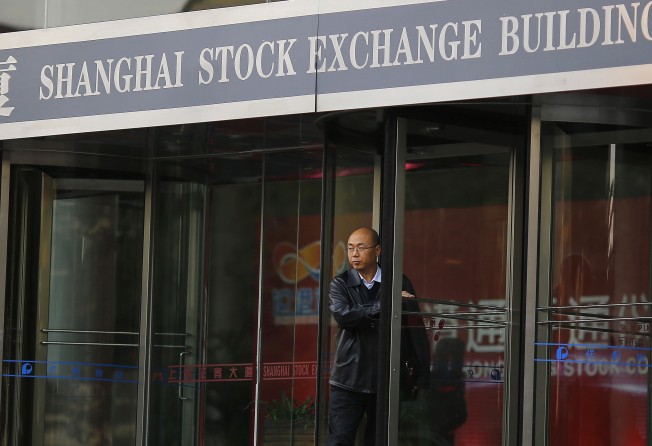China approves strategic emerging industries board, bolster capital market

Beijing has given the green light to the Shanghai Stock Exchange to create a new board for strategic emerging industries, part of efforts to expand the financing channel for technology firms amid a slowing economy.
The State Council said after a meeting chaired by Premier Li Keqiang establishment of the new board could support innovative companies with fresh capital injection while existing laws and regulations would be fine-tuned to encourage the relisting of overseas-traded Chinese technology firms on the A-share market.
“The message is clear: the government is determined to make a better use of the stock market to support technology companies,” said Zhou Ling, a hedge fund manager at Shanghai Shiva Investment. “It will be much easier for technology companies to obtain new funds in the coming years.”
Fund managers expect the new board, with a lower listing threshold than the main board, would debut in early 2016.
At least 500 technology firms including those listed in New York that use the so-called variable interest entity (VIE) ownership structure will be eligible for listing on the new board.
Beijing started to make plans for the board in the first half of this year, a move to speed up the transformation of the Chinese economy into slower but sustainable growth driven by increasing domestic consumer demand and entrepreneurship spirit.
The listing rules and requirements for the new board are still in the works, but regulatory officials have said that technology firms with a certain scale and growth potential would be qualified.
To date, companies can’t be listed on the Shanghai and Shenzhen stock exchanges unless they are profitable.
The board for strategic emerging industries will likely allow companies who have not posted profits in previous years to raise funds.
The strategic emerging industries include IT, new energy, biotechnology and those internet firms banking on the internet to enhance efficiency in manufacturing and offering services.
Companies listed on the new board will have a larger capitalisation than those traded on the Nasdaq-style ChiNext market on the Shenzhen stock exchange.
Premier Li has been encouraging small- and medium-sized companies to seek capital infusion via the stock market as mainland Chinese banks were reluctant to grant them loans.
A stock market rout that began in mid-June forced the securities regulator to temporarily halt initial public offerings (IPOs), triggered worries about a policy U-turn by mainland China’s government as it would give priority to market stability, rather than support technology firms.
Beijing reopened the IPO market following a four-month hiatus.
The China Securities Regulatory Commission is expected to launch a new IPO mechanism in the first half of 2016 which will let the market decide the listing applicants’ worth after publishing all information related to their earnings and operations.
The new system is set to largely facilitate companies’ fundraising on the stock exchanges with the regulator relinquishing responsibility in reviewing and approving listing applications.
Dozens of companies listed in New York kicked off their campaign for relisting on the mainland last year.
The companies using the VIE structure which was previously designed to let companies bypass Chinese government bans on foreign ownership in some sectors, will be welcome to relist on the new board.